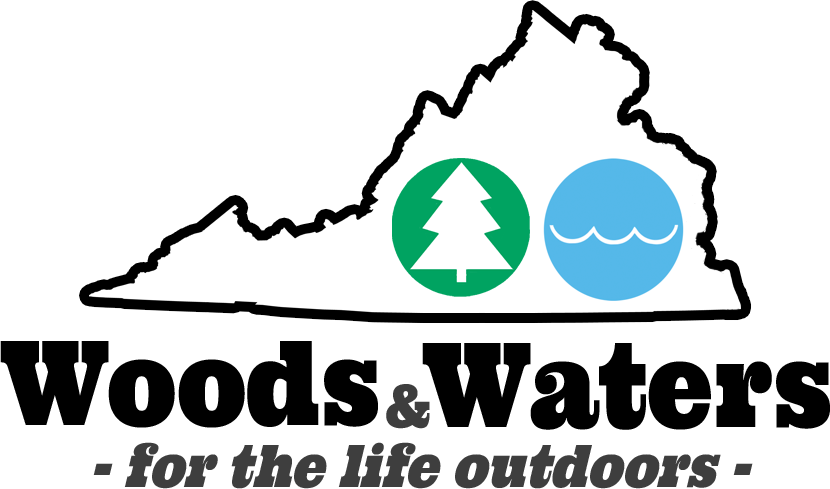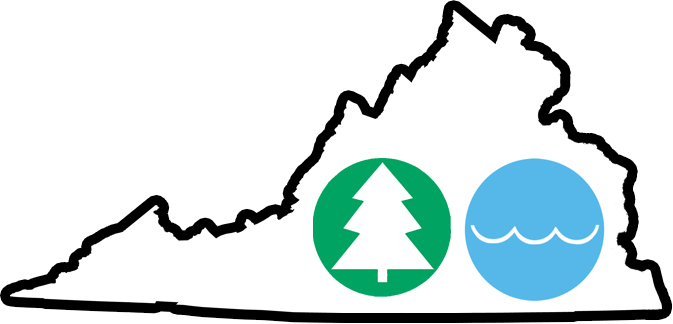Over the years I’ve learned that opening day dove shoots are as fickle as a fairy throng (in the words of Ezra Cook.) It’s not unlike hoping to hit zero or double zero in roulette. Good dove shoots do occur, but the odds can be long.
This year, opening day of dove season found me two hours south of my Louisa home visiting Dundas, Virginia, Lunenburg/Brunswick County where I was a guest of Jacob Bacon for an afternoon of shooting at 55 mph brown feathered fairies on one of his Bacon Farms properties.
The invitation came via Kate Ahnstom, Woods & Waters Winged Wisdom columnist and owner of Virginia Shooting Sports. She’s a crack wingshooting and clays instructor I met some years back at a ring pheasant shoot. She can shoot and write and she’s a great event organizer. If you’ve read her column in this publication, you know she’s the real deal.
The day’s venue was a 257-acre property not far from Nottaway Reservoir smack dab in the middle of rural Virginia (between Blackstone and South Hill) that Bacon and his family have carefully curated to provide outstanding cover and crops for the early dove season as well as upland bird hunting during the long preserve hunting season.
Bacon is somewhat of a rockstar in the field of dog training and field trials. At just 33 he’s already trained six national field trial champions and his now nine-year-old yellow lab, Mason, was inducted to the National Upland Classic Series (NUCS) Hall of Fame and can consistently vacuum a field of three birds in under five minutes. Bacon trains all breeds of gundogs, but his specialty is finishing upland bird dogs and retrievers.
“Mason and I started tournament hunting in October of 2016. He completed his Amateur Championship in November of 2016. He is now a Super Grand Champion. He has finished first 35 times, second 22 times, and third 17 times in the Open Flushing division in NUCS. Mason is now nine years old and starting to slow down now.”
Bacon also has Thunder, a German short-haired pointer that won his first tournament when he was only 13 weeks old and has never slowed down. He is currently leading the high point race for Dog of the Year.
It’s Jacob’s love of this training and trialing tradition and upland bird hunting that drove him to acquire the Bacon Farms acreage we hunted that afternoon.
Bacon’s family had farmed the property for over 20 years and always wanted to have it. When tobacco contracts got tight and an attempt at hemp farming that didn’t work out, Bacon took the leap and purchased the land – the perfect set up for a top notch preserve and dog training facility.
As far as his championship-winning philosophy on training dogs, Bacon is circumspect.
“Every dog is different. As a trainer, you always have to be willing to learn something, just like the dog. You have to be able to read the dog and understand them. You have to establish a bond with them and they have to trust you. You have to work together as a team.
“To win a National Championship, you and the dog have to have the same mindset. You have to keep putting in the repetitions and never become satisfied with the results. It has to become your addiction. You have to do it better than everybody else does it and you have to keep doing it better every time.”
We asked Bacon what specifically turned him into a dog training guru.
“Growing up, we always had labs to retrieve game. My Dad got me my first lab when I was four or five years old.
“Mason is the dog that started my career. I originally trained him for waterfowl and later started upland hunting with him. A friend who runs a preserve told me that I should enter him in a tournament that was being held there. In our first one we took second, but I couldn’t sleep that night knowing we were runner up. I went back the next day and we took first.”
In other words, Bacon loved the competitive aspect of the tradition from a young age.
For our dove shoot, Bacon had approximately 20 hunters spread out around a 100-acre field that was traced with 10-yard-wide rows of sorghum alternating with 10 yards of burned wheat and switchgrass in the corners next to the woods. There was a power line that bisected 60% of the field.
Hunters sat on buckets or shooting stools in the sorghum or on the edge of the woods and waited for the doves to fly down to feed on the burned grain. Now hunting a baited field is illegal so that is why Bacon burned and turned the wheat, but just enough remained to attract the hungry birds and be within the law.
Legal shooting hours began at noon. Everyone was in place and ready to go by 12:10. I was hunting with Kate’s husband, Mike; a detective with the City of Richmond.
When Mike promptly raised, fired, and dropped the first dove that flew over our stand at 12:16. I thought, wow, this guy can really shoot! We’ll have our limits in no time.
Well, after four boxes of shells for him and three-and-a-half for me over the next four hours, we had each dropped our 15-bird limits. If you do the math that’s 100 shots to drop 15 birds!
I shot up all my 12 ga. shells through my Weatherby semi-auto, then switched over a new 20 ga. ATI Calvary over-and-under I had picked up the day before. Mike was shooting a tricked-out Caesar Guerini Faber Arms 12 ga. semi-auto.
Part of what I like so much about shooting events is getting to see the guns the attendees bring. You can learn a lot.
This was one of those rare very good dove shoots, as the fairies weren’t too fickle and flew from start to finish with a peak of activity from 3:30 to 5:45.
To this hunt I had also brought along the newest member of my family – our four-month-old Brittany pup, Birdie, a product of Smokin’ Gun Kennels in North Carolina.
The little orange and white dog loved retrieving a bumper with last seasons’ woodcock wings rubber-banded to it, but she had never had a bird in her mouth nor heard a gun fire.
Turns out I had nothing to worry about. That pup was a natural. She found doves we dropped in cover so thick we didn’t know where she was. And she brought them right to us! It was a beautiful thing to see, and I was thrilled.
After the hunt the Bacon family and Kate had a BBQ feast waiting, featuring homemade coleslaw, potato salad and caramel turtle brownies. As I ate, I wandered down to shoot some video of a father and son that had arrived late and were still enjoying hot shooting under the power lines. Turns out the fellow was scheduled for bypass surgery the coming week, so this was his last hunt for a while. His young son, complete with an awesome blonde mullet, had brought a BB gun. They were having a ball with the field to themselves.
Before I left, Jacob was kind enough to show me around the preserve via four-wheeler. The grounds appeared endless, all with excellent cover. There were even two hidden lakes he promised me held some giant bass. His place is already a stop for the NUCS (National Upland Classic Series) field trials scheduled for November 10-13 if you have a dog you’d like to run.
When you hunt at Bacon Farms you’ll be accompanied by Jacob. If you have a larger party, he has associate guides and will bring in more dogs. You can also do a self-guided hunt. Accommodations are currently found in the form of local Air BnBs as well as several local hotels within 30 minutes of the farm.
So where does Bacon see the preserve in three years? He has some big plans.
““Within three years we should have well established pine savannahs bordering the fields and on-site accommodations as well as an event barn that we hope will create a destination for upland hunters across the mid-Atlantic.”
It has a been a few years since I experienced a good dove shoot. This one was epic. That now makes four good ones in about 25 years, though I’ve been on probably 18 opening day hunts. The odds are that long, but I do enjoy playing roulette, and I don’t mind paying my dues to the fickle fairies of opening day.
Now is the time to book an upland hunt and enjoy this tradition of fall. Quail, chukar and pheasant are available, and you’ll be hunting over Bacon’s national champion bloodline dogs. He’s currently taking reservations for October through March. He has pheasant ring shoots scheduled for Sept. 30, Oct. 21, Nov. 25 and Dec. 30. You can contact him at baconfarms11@gmail.com.



